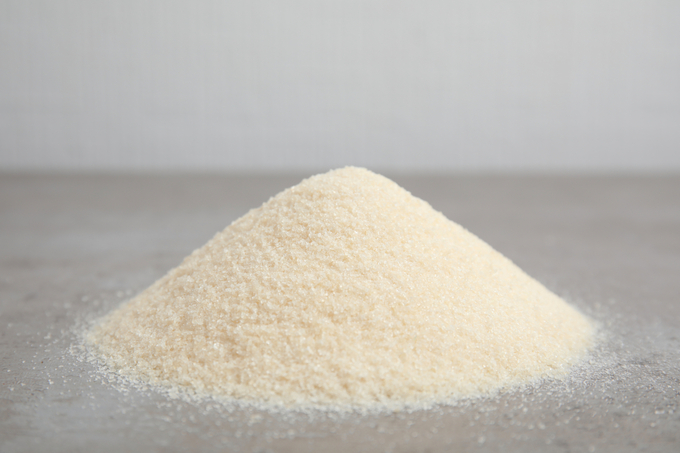November 27, 2025 | 22:30 GMT +7
November 27, 2025 | 22:30 GMT +7
Hotline: 0913.378.918
November 27, 2025 | 22:30 GMT +7
Hotline: 0913.378.918
The country points to rising concerns over the spread of African Swine Fever (ASF) in the European Union (EU).

Photo: Canva.
Rosselhoznadzor emphasised that the restrictions are temporary, though not providing any hint as to when they could be lifted. Russian consumption of gelatine from porcine origin is close 12,000 tons/year, according to Russia’s leading pork producer Miratorg.
A few years ago, the ban would have been painful for the Russian market. However, in December 2023, Miratorg opened a 4.4 billion rouble (US $52 million) gelatine plant in the Kursk region with a capacity of 6,000 tons/year. The plant is scheduled to reach its full performance in 2025, meeting more than half of Russia’s demand.
Miratorg claimed that its facility was the only industrial plant manufacturing gelatine from porcine origin in Russia.
Over the previous 15 years, Russia’s demand of gelatine increased by 150%, which was driven primarily by imports, Miratorg said. In the Soviet era, up to 7 pork gelatine plants would have been existing in the country, but none of those survived the transition to the market economy.
Russia’s gelatine market has been in turmoil in recent years. Between 2018 and 2022, domestic production of all types of gelatine, decreased by 36%, reaching 16,000 tonnes, BusinesStat, a Moscow-based think tank, reported. In addition, imports dropped by 7.5% in 2022 – a tendency the analysts attributed to “geopolitical turmoil.”
The Russian food industry is not expected to experience a gelatine of porcine origin as a result of the new ban. That was stated by Elena Solomatina, a food industry analyst, reported by local news outlet Vechernya Moskva. She assumed that some operations might be forced to switch to its alternatives, specifically beef gelatine or agar-agar.
Russian feed additive manufacturers, however, have reportedly voiced concerns about whether the Rosselhoznadzor decision could impact availability of feed vitamins, namely A, D3, and AD3, which are manufactured with the use of gelatine from porcine origin. Restrictions on pork gelatine imports in the past have triggered temporary supply disruptions.
(PP)

(VAN) A new study reveals how the simultaneous effects of ocean acidification, salinity and loss of oxygen are making the world more fragile.

(VAN) Hopes are growing that the creation of the first 3D turkey gut model could be a turning point in the battle against the virulent blackhead disease.

(VAN) Tyson, America’s biggest meat supplier, plans to shutter one of its largest beef processing plants as the industry continues to struggle with low cattle supplies and political pressure from Washington.

(VAN) New FAO study shows how digital solutions are empowering farmers and fishers to prevent losses and build resilient agrifood systems.

(VAN) Brazil's COP30 presidency pushed through a compromise climate deal on Saturday that would boost finance for poor nations coping with global warming but that omitted any mention of the fossil fuels driving it.

(VAN) Poultry farmers in the UK have been warned that they could face one of the worst winters yet for bird flu.

(VAN) Prices of main-crop paddy have risen sharply, with jasmine rice hitting 16,100 baht per tonne — the highest level in years.